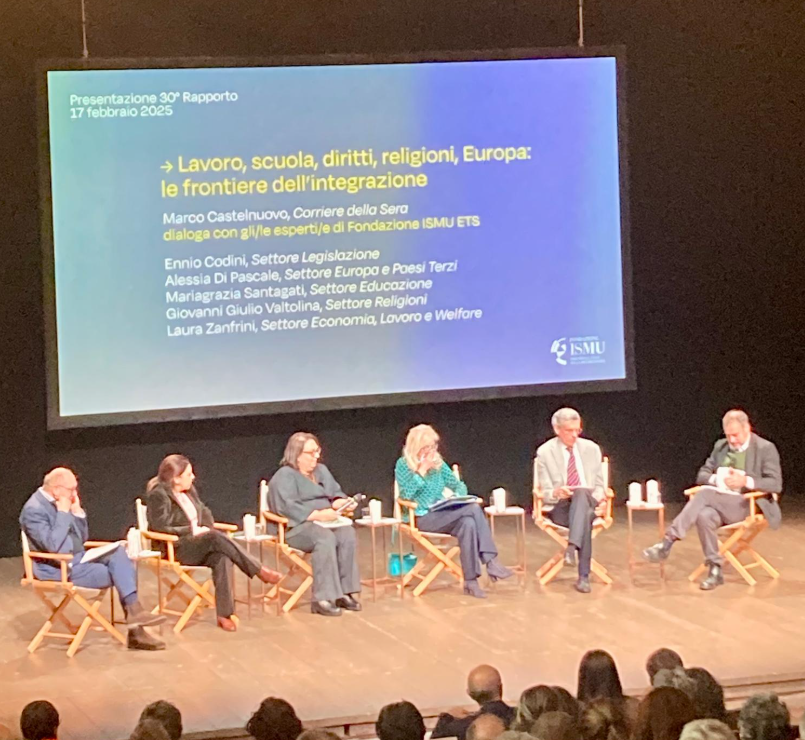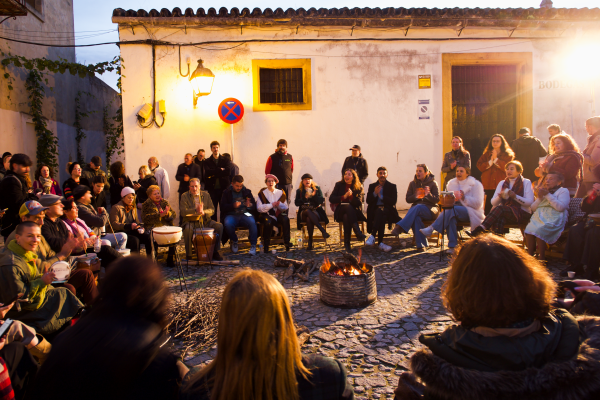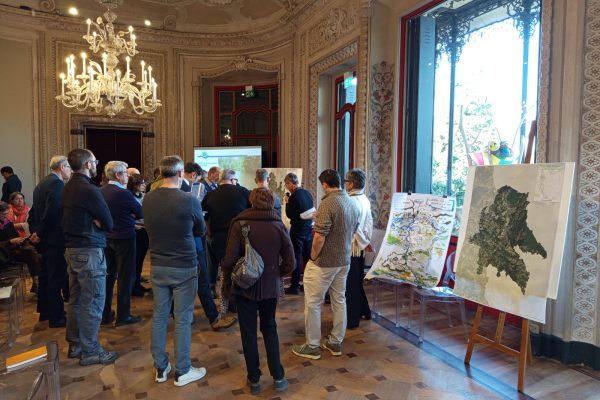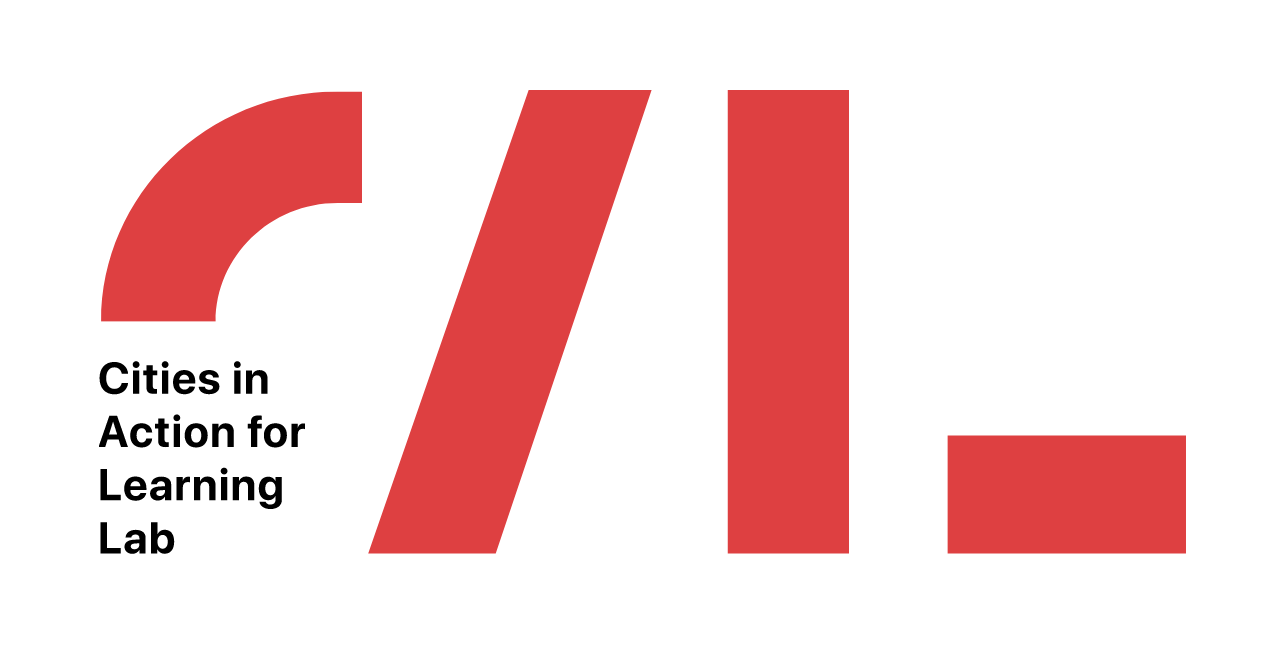
Città-IN at ISMU’s 30th Report on migration 2024
Envisioning Translocality
Enabling Institutions
Enforcing Practices
Fondazione ISMU ETS recently presented their 30th Report on migrations (30° Rapporto sulle migrazioni) with a largely attended one-day event (and live stream), gathering experts, researchers, institutions and students on the topics of migration, inclusion, labour market, education, and legislation. Giada Casarin, postdoctoral researcher working for the città-IN project, participated in the event and collected precious insights from the engaging debates and networking opportunities.
What Giada brought back to città-IN concerning the right to access of public services and the inclusion of immigrants is as follows:
- Shifting perspective from emergency to social phenomenon: Contributions to panel discussions and workshops have highlighted overall the need for both the public discourse and research to address migration as a social phenomenon constituting society, rather than an emergency that needs to be fixed or a problem to be solved. To do so, the researcher should be driven by uncertainty and constantly question the migration phenomenon, considering its complexity from a variety of angles, while at the same time decolonising the language.
- Appreciating plural identities and backgrounds: Data from the 30th Report shows the constant and steady increase of migrant population in Italy, constituting a plural and diverse Italian society, where 12% of the population has a migratory background. Hence, integration and equality of opportunities for diverse and plural communities should thus acquire more centrality in current migration studies and the public debate.
- Recognizing education as a key factor for integration: As the città-IN project has pointed out, education was particularly stressed during the event as playing a pivotal role in the integration process of new generations and families as a whole. Discrimination and inequalities, however, are persistent in Italian schools, as 1 out of 5 minors with migratory backgrounds do not have access to education.
- Reconsidering citizenship’s criteria: Strictly related to the topic of education, is the debate on access to fundamental human rights and welfare services through citizenship. This was the topic of one of the workshops held in the afternoon by experts in the field of legislation, local administration, and representatives of CONNGI (Coordinamento Nazionale Nuove Generazioni Italiane) and Unione Nazionale Apolidi. The latter are respectively advocating for new generations of Italians and stateless individuals, both lying in a status of invisibility affecting their sense of belonging and mental health. Reducing the residence requirement from 10 to 5 years and introducing the ius scholae have the potential to be life-changing for thousands of citizens.
These analyses and many others can be found in the 30th Report on migrations, and are available in open access.



